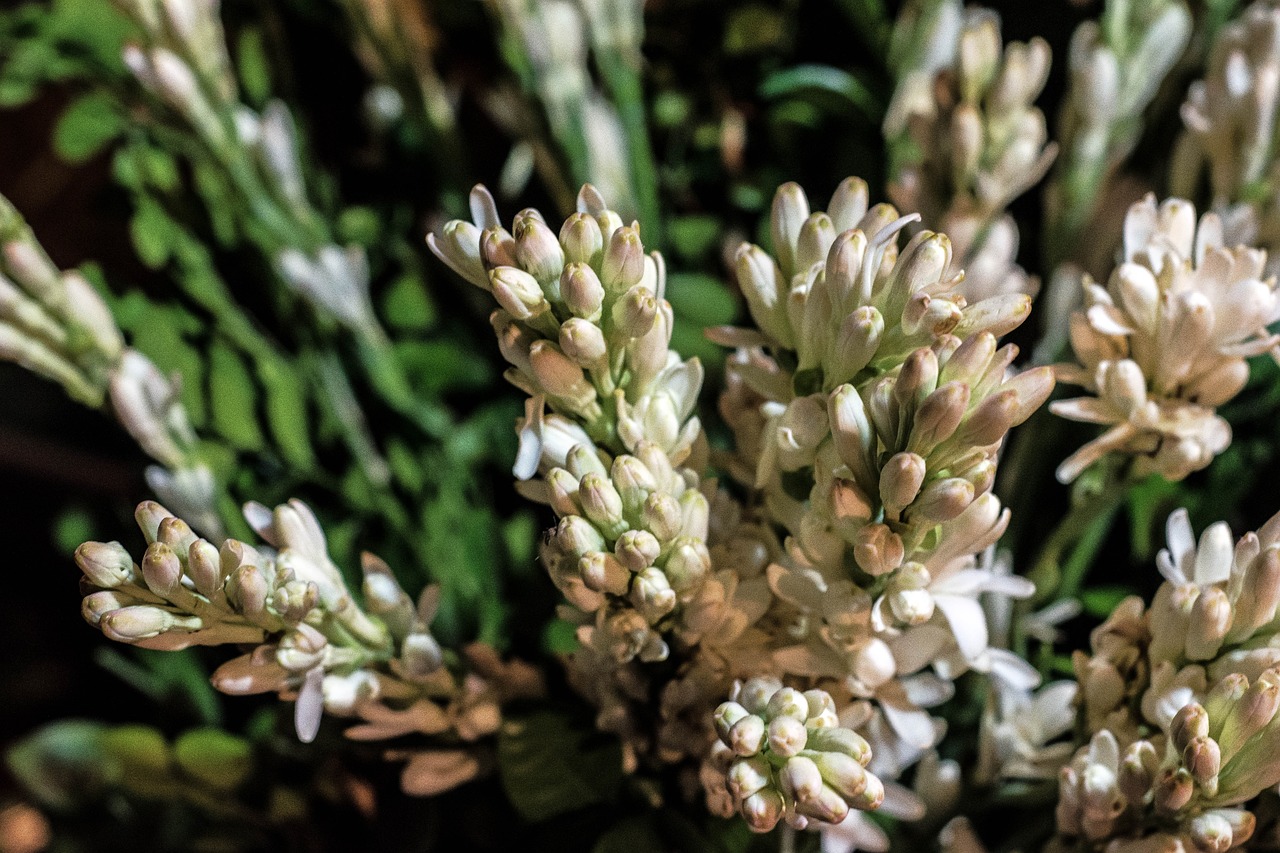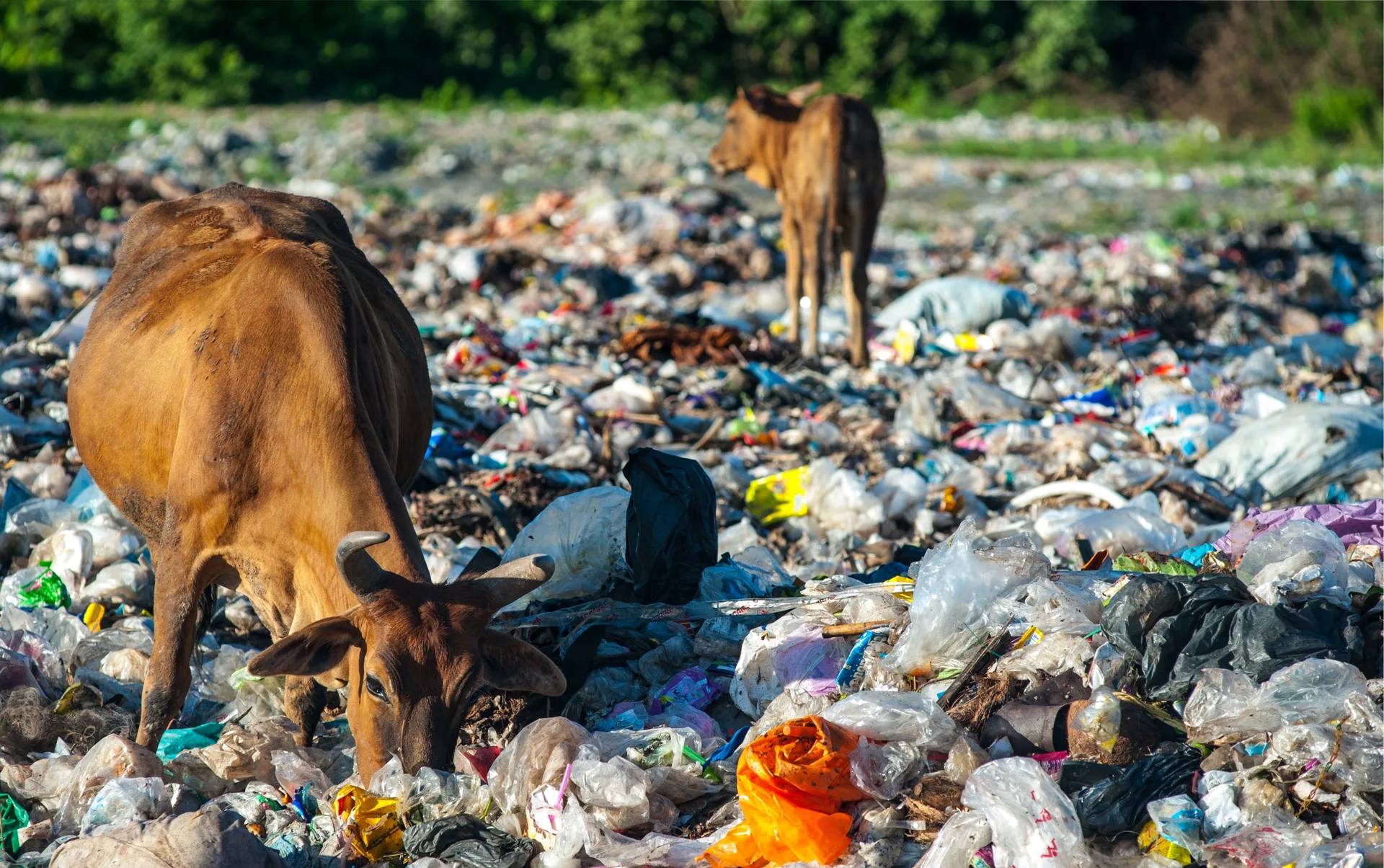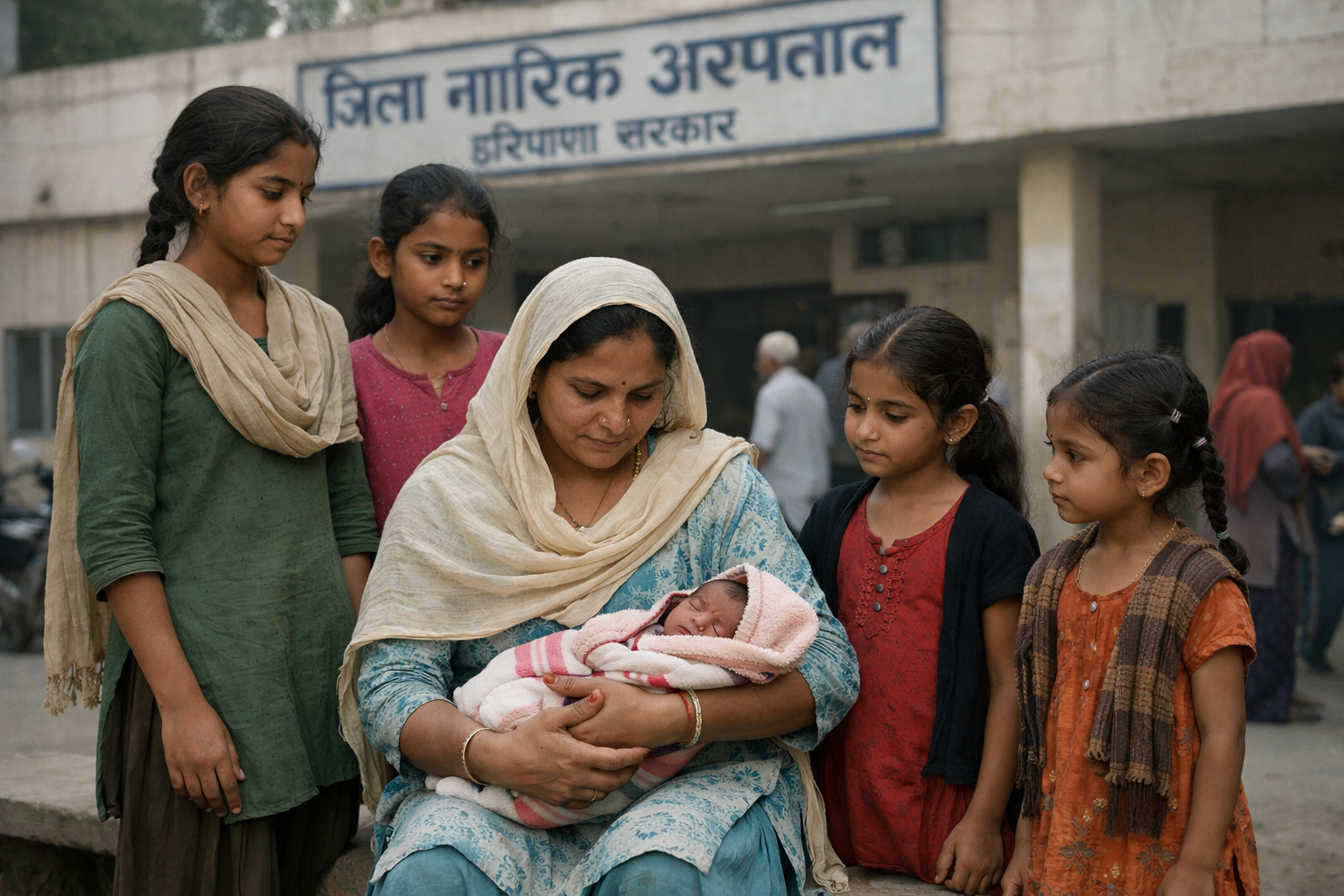
Amidst the inflationary challenges faced by farmers in Palwal, a notable shift is observed as farmers, including Ranveer Singh from Patali village, are turning away from conventional crops to embrace flower cultivation. Ranveer Singh has emerged as an exemplar, demonstrating how cultivating flowers on his 6-acre farm annually yields an income of up to 30 lakh rupees, with lower costs and higher returns.
Traditional to Floral Transition:
Having departed from traditional farming 35 years ago, Ranveer Singh vividly recalls the toil and expenses outweighing profits in conventional agriculture. However, he now stands as a testament to the success of floral farming, highlighting the potential for substantial returns with minimal effort.
Floral Variety and Government Support:
Ranveer Singh meticulously tends to his fields, importing flower seeds from Japan to grow an array of blooms. His flower varieties include Guldaabi, Bluedaisy, Kale, Gladiolus, Rajanigandha, Brazika, and Stock. The government further incentivizes flower cultivation by providing subsidies to farmers like Ranveer Singh.
Smart Farming Practices:
Utilising smart farming techniques, Ranveer Singh employs drip irrigation within net houses, ensuring efficient water distribution to the flower plants. This method enhances flower quality and minimises water usage, contributing to the overall success of the floral venture.
Market Presence and Economic Impact:
Ranveer Singh sells his produce at the Gazipur flower market in Delhi, reaping substantial profits. The 6-acre floral farm remains dedicated to flower cultivation from October to May, with drip systems and net houses facilitating optimal growth conditions. The Singh family actively participates in the entire process, from planting the seeds to harvesting and packaging the flowers for sale in Delhi's markets.
Family Support and Livelihood:
The Singh family is integral to the success of Ranveer's floral enterprise, contributing to the cultivation and packaging processes. This collaborative effort emphasises the shared responsibility and economic contribution of the entire family to their livelihood.
Economic Transformation:
For Ranveer Singh, floral farming has become a sustainable source of income, generating profits of up to 30 lakh rupees annually. This economic transformation signifies a departure from conventional farming practices, demonstrating that transitioning to flower cultivation can offer farmers financial stability and prosperity.
Conclusion:
Ranveer Singh's journey from traditional to floral farming not only reflects the economic viability of this transition but also underscores the importance of innovation and government support in agriculture. As more farmers explore alternative crops, the shift towards floral cultivation could potentially reshape the agricultural landscape, providing a pathway to increased income and sustainable farming practices.
.














